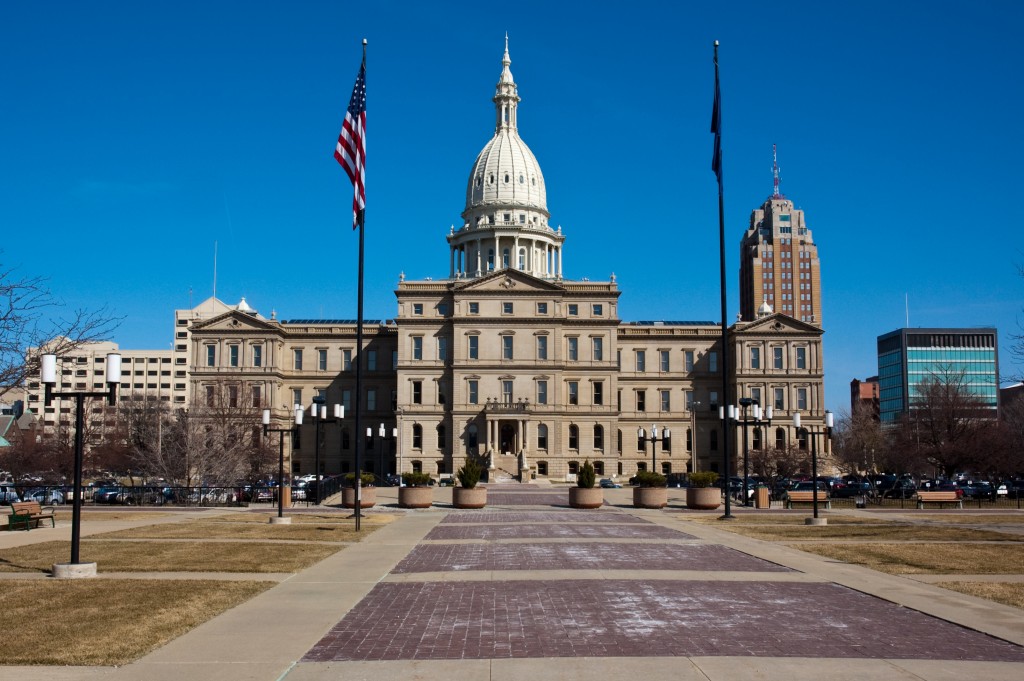
New Michigan Adoption Laws Promote Adoptions by Protecting Faith-based Agencies
Chelsea Langston
On June 11, 2015, Michigan’s Governor Rick Snyder signed into law three bills that advance the state’s objective of placing as many children in adoptive homes as possible.
These bills, now Public Acts 53, 54, and 55 of 2015, received bipartisan sponsorship. As the Governor’s press release about the laws states, the statutes simply “help continue Michigan’s successful placement of children with loving families by codifying current adoption practices within the state.” In other words, the legislation puts into law what is already happening on the ground in Michigan.
The laws confirm that faith-based adoption agencies that contract with the Michigan Department of Health and Human Services can continue to follow their religious beliefs and practices. In practice, this means that religious agencies that have certain central beliefs about which types of families are in a child’s best interest will continue to have the freedom to place children according to those faith convictions about how best to help the children. If an agency decides it cannot serve some particular families or children, it must provide information about alternative agencies willing to serve these potential parents in a timely matter. This is a codification of current practice.
These laws, in short, uphold current practices in the state. They protect faith-based agencies from having to choose between following their core convictions or continuing to provide adoption services in partnership with the state. Governments that have not provided such protections have driven out of service faith-based adoption and foster-care agencies in Massachusetts, California, Illinois, and Washington, D.C.
The Michigan legislation takes into account the rising number of adoptions in Michigan in the last several years. For example, while the adoption rate of children from the foster care system in Michigan in 2011 was 70 percent, in 2014, 85 percent of minors in the foster system were adopted.
“The state has made significant progress in finding more forever homes for Michigan kids in recent years and that wouldn’t be possible without the public-private partnerships that facilitate the adoption process,” Governor Snyder said. “We are focused on ensuring that as many children are adopted to as many loving families as possible regardless of their makeup.”
The Michigan laws have been criticized as giving religious agencies a so-called ‘license to discriminate’ against certain families. Yet, the new laws can better be understood as facilitating more adoptions by preserving diverse agencies to serve the diverse population of the state.
According to an editorial entitled “Protect liberties of adoption agencies” in The Detroit News , “In budget year 2014-15, almost $20 million in state and federal funds went to adoption agencies. About half of that money — nearly $10 million — went to the faith-based agencies that would be exempt under the religious objection bills.”
As the editorial points out, faith-based child placement agencies play an essential role in supporting children and families. If these private agencies were banned from providing the services—the state would still have to provide these services directly. It is unlikely that a government agency would enjoy the same level of trust, respect in the community, and relational capital as the faith-based agencies have earned, not to mention the government would be actively prohibiting religious people from being obedient to their faith.
As Rep. Andrea LaFontaine, R-Columbus, stated: “This bill is not about who can and who cannot adopt a child, it’s about ensuring the most alternatives for people wanting to adopt a child.”
